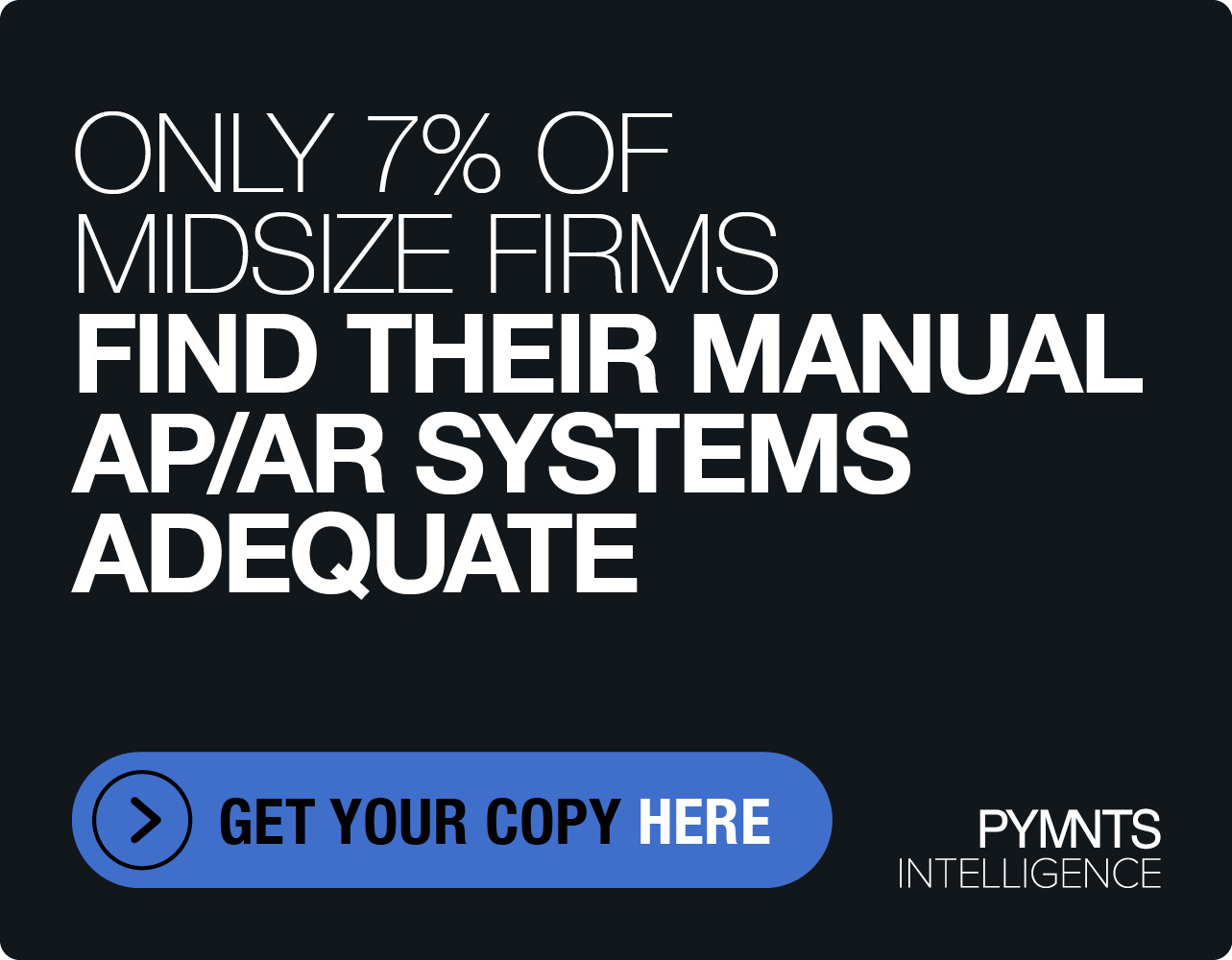Wells Fargo Wants GE Capital’s $74B In Midsize Business Loans
Wells Fargo is negotiating with GE Capital to acquire as much as $74 billion in middle-market business loans, as General Electric continues to sell off most of its banking business, The Wall Street Journal reported on Monday (April 20).
A sale of the massive loan portfolio would help slim down GE Capital so it might be able to shed its designation as a Systemically Important Financial Institution (SIFI) — although it might move Wells Fargo much closer to SIFI designation itself, The Journal said.
The middle-market loans, which wouldn’t necessarily all go to one buyer, provide financing for more than 260,000 businesses that include fast-food franchisees, recreational-vehicle dealerships and supermarket chains, according to GE. Wells Fargo estimates it already has about 25 percent of the market for loans to businesses with revenue between $25 million and $500 million, and in 2013 the bank had more than $80 billion in loans to companies in that category.
Other bidders are also in talks with GE Capital for the middle-market loans, and no further details such as a possible price were available from The Journal’s unnamed sources. But Wells Fargo has reportedly already talked with some banking regulators about the possible asset sale, since any big deal would require by the Federal Reserve and the Office of the Comptroller of the Currency, among others.
Wells Fargo is already partnering with Blackstone to buy $23 billion in commercial real estate mortgages from GE Capital. If the San Francisco bank picks up a large enough chunk of the middle-market business loans, it could become big enough that regulators would designate it a SIFI and require it to maintain more capital reserves against the risk of recession or big losses. That’s exactly the situation GE is currently trying to escape from by selling off $200 billion in assets over the next two years.
Along with the middle-market business loans, GE is also in the process of selling its $16 billion private-equity lending business; its $31 billion international commercial-lending business; its $9 billion vehicle fleet-management unit; and an international consumer bank with $37 billion in assets, according to some of The Journal’s sources.
